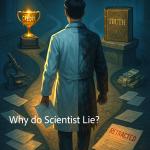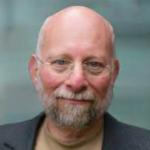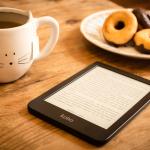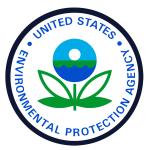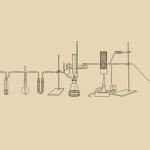“It’s natural to think of scientists as truth seekers, people driven by an intense curiosity to understand the natural world.
politicization of science
In March 2020, the iconoclastic French microbiologist Didier Raoult announced that the anti-malaria drug hydroxychloroquine had cured all 36 COVID-19 patients enrolled in his clinical trial.
Anyone that looks at my silhouette will recognize that I enjoy a good meal or two. I am a foodie, going all the way back to watching Julia Child on PBS in the ’70s.
Here is a breakdown of the concerns brought to the EPA’s internal integrity unit over the last decade. Some are purely internal concerns, like professional development, authorship acknowledgments, or intra-agency retaliation.
Michael Strevens' book, The Knowledge Machine, is one of those books you read first with your eyes, in the same way that food is first visually appealing.
